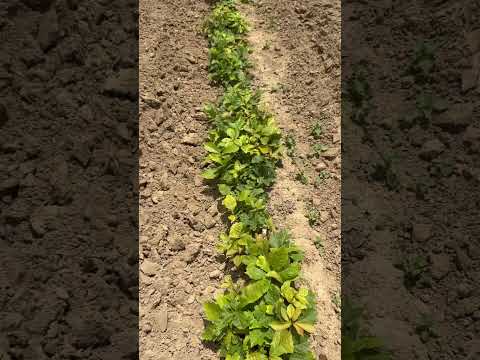Buy White Oak Trees For Sale
White Oak Trees are incredibly mighty native trees that will make a prominent, magnificent statement in your yard or landscape. They are truly superb deciduous native trees that will become a centerpiece of your home or property. In the fall, their deeply lobed and rounded green leaves change to a dark red. Few other trees have the grace and stature that this species can provide.

Plant Details - White Oak Tree (Quercus Alba)
Family: Fagaceae
Light Requirement: Full Sun
Water Needs: Moist
Height: 50 – 100 ft.
Spread: 60 – 80 ft.
Growth Rate: Slow
Bloom Time: Spring
Flower Color: Yellow
Wildlife Value: Attracts birds
Landscape Uses and Maintenance
As this tree grows, it will provide great shade and become a haven for wildlife, including birds and small mammals. Its flowers are not showy but hang downwards and are yellow-green in color. The oak tree will prolifically produce many acorns.
Plant this tree in an area that gets full sun. Avoid planting it in a location with shade that will limit its growth. Give it enough space to grow and spread out as it matures. This tree will grow best in neutral to acidic soil. It is versatile and can grow in various soil types, including loam and sand, so do not fret if you do not yet know what soil type is on your property.
Noteworthy Characteristics of the White Oak Tree
The White Oak Tree is a host plant for many butterfly species. Birds will nest in this tree and eat its many acorns, which drop to the ground below. Its large acorns are a delicacy among animals and are often preferred over other species of oaks.

Exposure
White Oak Trees thrive best in full sun, obtaining at least 6 hours of unaffected sunlight daily. They can tolerate partial shade but prefer bright, open areas for optimal growth and development.
Height at Maturity
Over 25 Feet
Usage
Shade
Shipped As
Bare-root
Ships
UPS
Planting Zones
3-9





